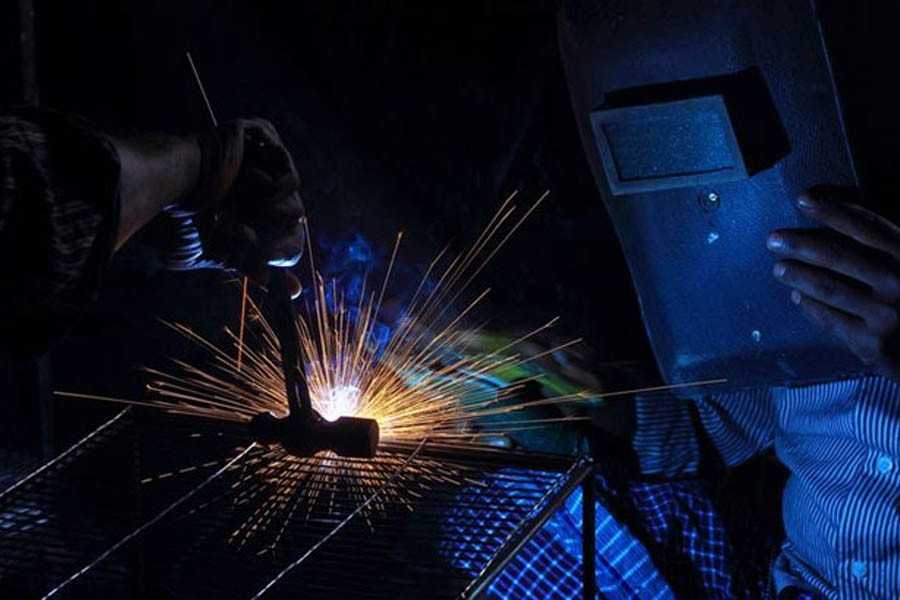Pressing issues of light engineering

Image collected
The news that export earning from the light engineering sector (LES) has almost halved year-on-year in fiscal 2017-18 is a wakeup call for shoring up the sector. Carried by The Financial Express last Saturday the report spoke of constraints in investment and infrastructure support holding back the potential of an industry calculated to 'bloom' into US$12 billion worth of export in five years. Already the size of the domestic market of light engineering is over US$3.0, with nearly 60,000 small and medium enterprises active in the field. Bicycles from the sector have a sizeable share in the European Union market. According to other sources, light engineering equipment from the likes of `Globatt' and `Duranto' have earned recognition abroad. Domestically, it is capable of supplying the garments sector with machinery at one-fourth lower price than the imported ones, according to a USAID study. Over six million people work in the field, going by some estimates.
Policymakers must be aware of the sector's potential to work as a cost-cutting supplier of machinery to the garments sector, Bangladesh's largest export earner. Other sectors like construction, automobile, pulp and paper, pharmaceutical, mould, railway and marine are hugely benefited with supplies from the LES. Already various light engineering hubs have grown up in areas like Rangpur-Dinajpur, Bogra, Natore, Dhaka-Gazipur-Narayanganj, Khulna-Barisal, Sylhet and Chittagong. People working in these places have been known for innovation at a low cost. There are differing figures for the people employed in LES. A study by the Bangladesh University of Engineering and Technology a few years back found 40,000 enterprises and 800,000 people working there. However, this is also one aspect that should sensitise the policymakers about availability of proper statistics for effective data analysis to hold aloft the LES as it should be. The issues of investment and infrastructure cannot be appropriately resolved without a correct assessment of the problems, prospects and related concerns.
Apart from these issues, studies have emphasised the need for quality raw materials to ensure better products. This is one area where the government can and should intervene through the Bangladesh Standards & Testing Institute (BSTI). The industrial park for LES at Munshiganj that the government has approved through the Executive Committee of the National Economic Council (ECNEC) is moving at a sluggish pace. The ECNEC has a duty here to expedite completion of the park-project through the relevant agencies. As it advances, a question has already arisen as to whether 25 acres are sufficient for raising an industrial park that aims to give a new thrust to the sector. It seems more land will be requited elsewhere. Falling in the small and medium enterprise (SME) category, light engineering can however benefit from the liberal stance of the Bangladesh Bank towards the SMES. Every bank is supposed to have an SME desk. LES is one area that not only needs parks, but also investment to carry forward its employment-generating and export-earning tasks. Its representatives have voiced concern at the lack of investment. Here the banks can come forward with an open mind on how best to help a sector that promises to grow into billions in monetary terms. The BSTI also needs to step in seriously to ascertain and ensure the quality of raw materials used, because that holds the key to a reliable export regime. Above all, the government must take the light engineering sector at its true potential. It can even think of forming a light engineering division under the Ministry of Industries.
Source: https://www.thefinancialexpress.com.bd
Tags :
Previous Story
- The challenges faced by women-led SMEs and the...
- Accelerating the growth of SMEs in rural Bangladesh
- Bolstering SME Foundation
- Govt to give priority to expansion of SME...
- A support to SME entrepreneurs
- SME loans via NGOs
- US apparel imports from China fall furthest in...
- Empowering women through SMEs